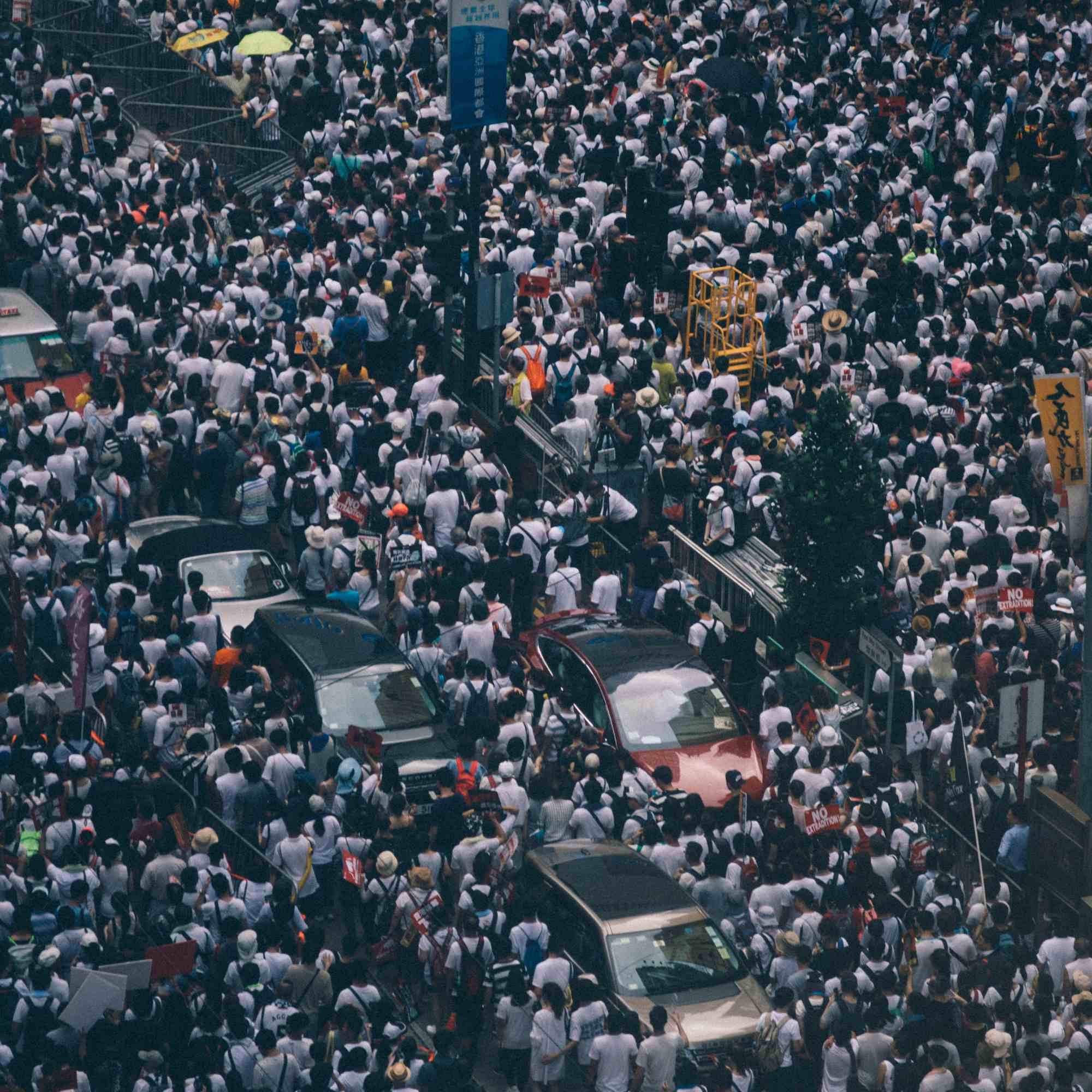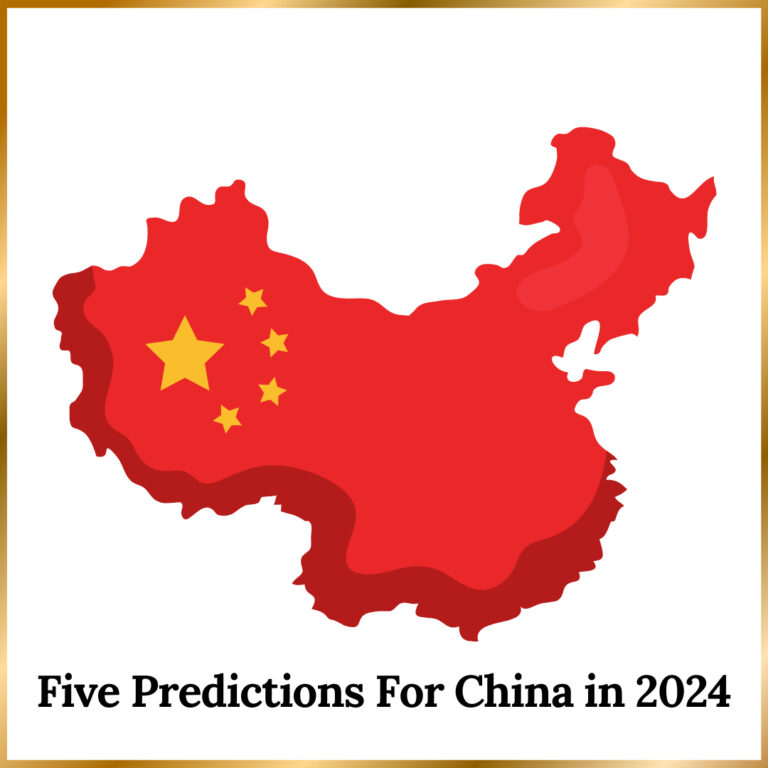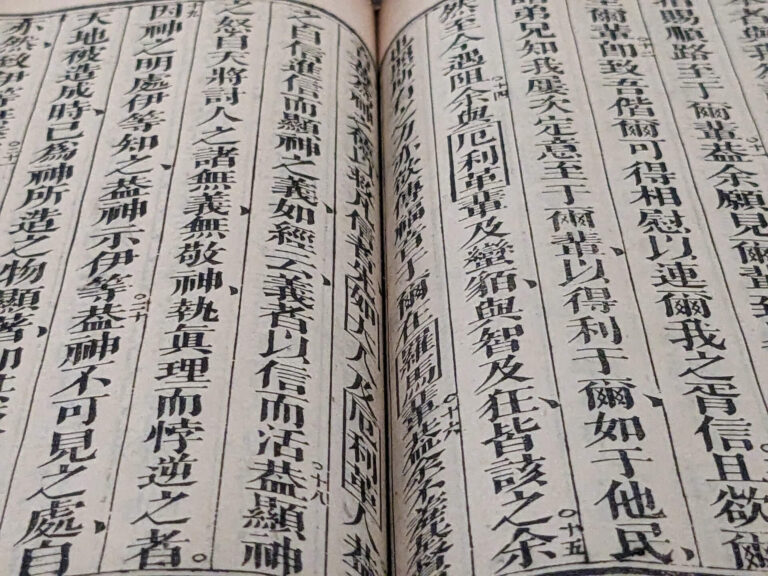As I write at the end of November 2022, the BBC comments that “there is one subject at the forefront of Chinese people's minds, and many are increasingly fed up with it - prompting widespread pushback against the government's zero-Covid restrictions. This has come in the form of residents smashing down barriers designed to enforce social distancing, and large street protests in cities and university campuses across the country. It is hard to explain just how shocking it is to hear a crowd in Shanghai calling for China's leader Xi Jinping to resign. The government appears to have drastically underestimated growing discontent towards the zero-Covid approach. There is no easy way out of the corner the Party appears to have painted itself into. It has had three years to prepare for an eventual reopening, but instead of building more hospital ICU units and emphasising the need for vaccinations, it has poured enormous resources into mass testing, lockdown and isolation facilities designed to win a war against a virus which is never going away.”
It is not our job to criticise or ‘prophesy’ what will happen - it may have been crushed or fizzled out in terms of public expression in a few days. But this issue will not easily go away. Three reasons for this:
- Medical reasons. The Chinese vaccination is not effective enough. “All existing vaccinations have used inactivated virus technology instead of the more effective mRNA approach widely used in the United States and Europe. China has not yet approved foreign mRNA vaccines, and homegrown versions only recently began clinical trials, suggesting that widespread deployment remains many months to years away” (Scott Moore). Secondly, by this summer “approximately 70% of China’s elderly population had been vaccinated and given booster shots, but this is a considerably lower rate than in countries like Germany or Japan, where upwards of 85% of the elderly population had received a booster.” Thirdly, if the zero-Covid policy was to be scrapped, medical facilities in China simply could not handle a mass outbreak in a community that has not risked “herd immunity”. One source spoke of a resulting 1.5 million death toll.
- Economic reasons. The “‘life above all else' policy and ‘people first life first’, makes the Party argue that it is unique amongst great powers in the fact that it has prioritised life during the pandemic. While American politicians openly argued that the economy was more important than elderly people’s lives and racked up a death toll of over one million, China proudly highlights its zero-COVID policy as a wild success in comparison” (Barclay Bram). But 20% of China’s young people are unemployed. China’s economy is partially stalled. There may be less deaths from Covid, but there are suicides and “the long-term psychological fallout is an issue that will reshape Chinese society for years to come.”
- Political reasons. “Xi Jinping has staked significant political capital on his handling of the COVID-19 pandemic. Ever since he told the head of the WHO, in late January 2020, ‘I myself give the orders. I myself make the plans,’ he has owned the response to the pandemic. On multiple occasions when it has seemed that the zero-COVID policy has inevitably run its course, he has doubled down” (Barclay Bram).
Scott More sums it up. China’s highly restrictive Covid measures were effective in saving lives in response to early variants but have done more harm than good in more recent waves.” That is what many in China feel. But if “Zero-Covid represents a new form of legitimacy for the Communist Party” how can that collision between leadership and ordinary people be avoided? By one side or the other backing down, or by force? By the time you read these words, we may know the answer to that question.
One simple prayer request: Pray that there may be a resolution to the strict lockdown situation in China which is best for the many who are suffering under it and that satisfies the Chinese leadership.
Source: ChinaFile









